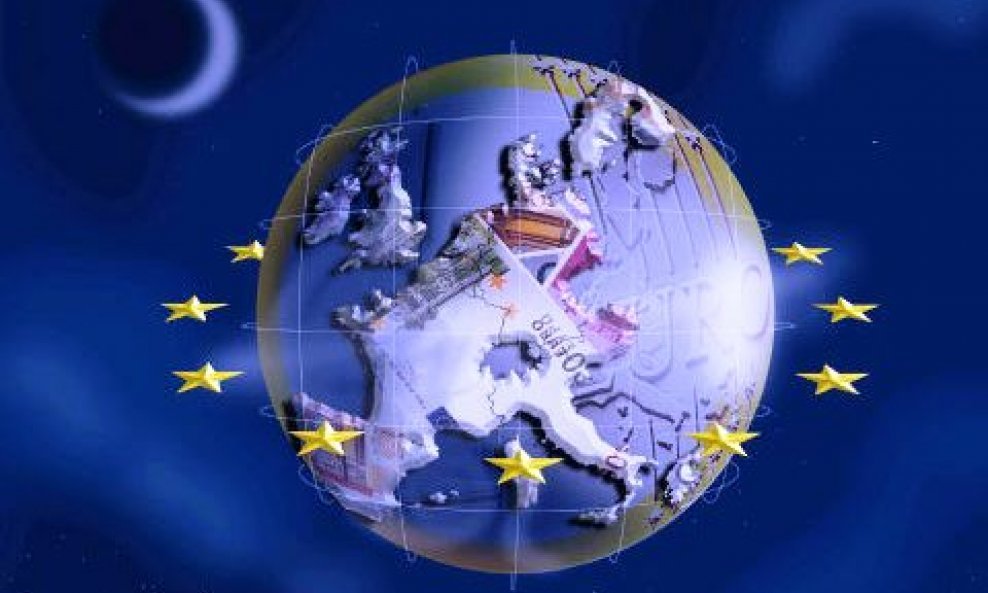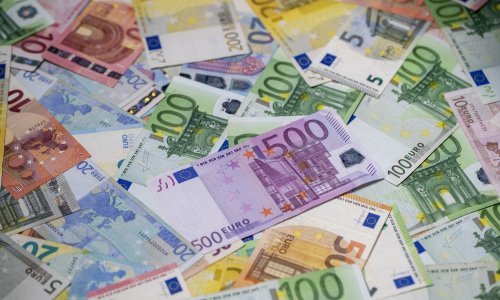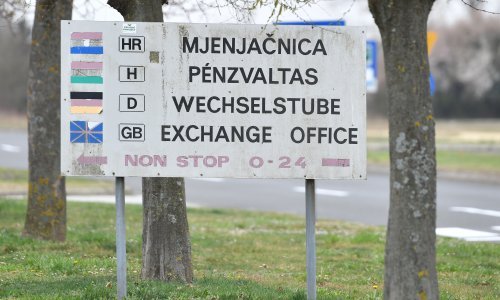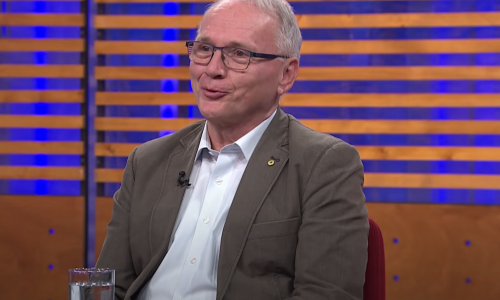The moderate recovery in Emerging Europe and Central Asia (ECA) in 2010-11 is now threatened by continued uncertainty and recession in the Eurozone, resulting in slowing growth across most of the region in 2012, World Bank officials told reporters in Washington on Friday at the 2012 Spring Meetings of the WB and the International Monetary Fund.
Governments need to take actions on the fiscal, financial, and social fronts, with the growing demographic pressures in most countries of the region making these actions even more urgent, said a statement released on the WB website.
"After a weak recovery in 2010-2011, growth in Emerging Europe and Central Asia is once again slowing, from 5.5 percent in 2011 to a projected 3.4 percent in 2012," said Philippe Le Houerou, WB Vice-President for the Europe and Central Asia Region.
Of the 30 ECA countries, the Bank envisages a negative growth only for Slovenia and Croatia, and zero growth for Bosnia and Herzegovina, the Czech Republic and Hungary.
The weakening of the recovery is particularly marked in the Western Balkan and Central European countries that have close trade and financial links with Greece and Italy and depend to a large extent on foreign banks.
"With an aging population and shrinking labor force, support for the elderly in (ECA) will put additional pressure on country budgets," said Ana Revenga, WB Sector Director for Human Development in the Europe and Central Asia region.
A rapid decline in the working age population is projected in the majority of European countries over the next 40 years. The decline in Croatia in said period is estimated at about 23 per cent.





































